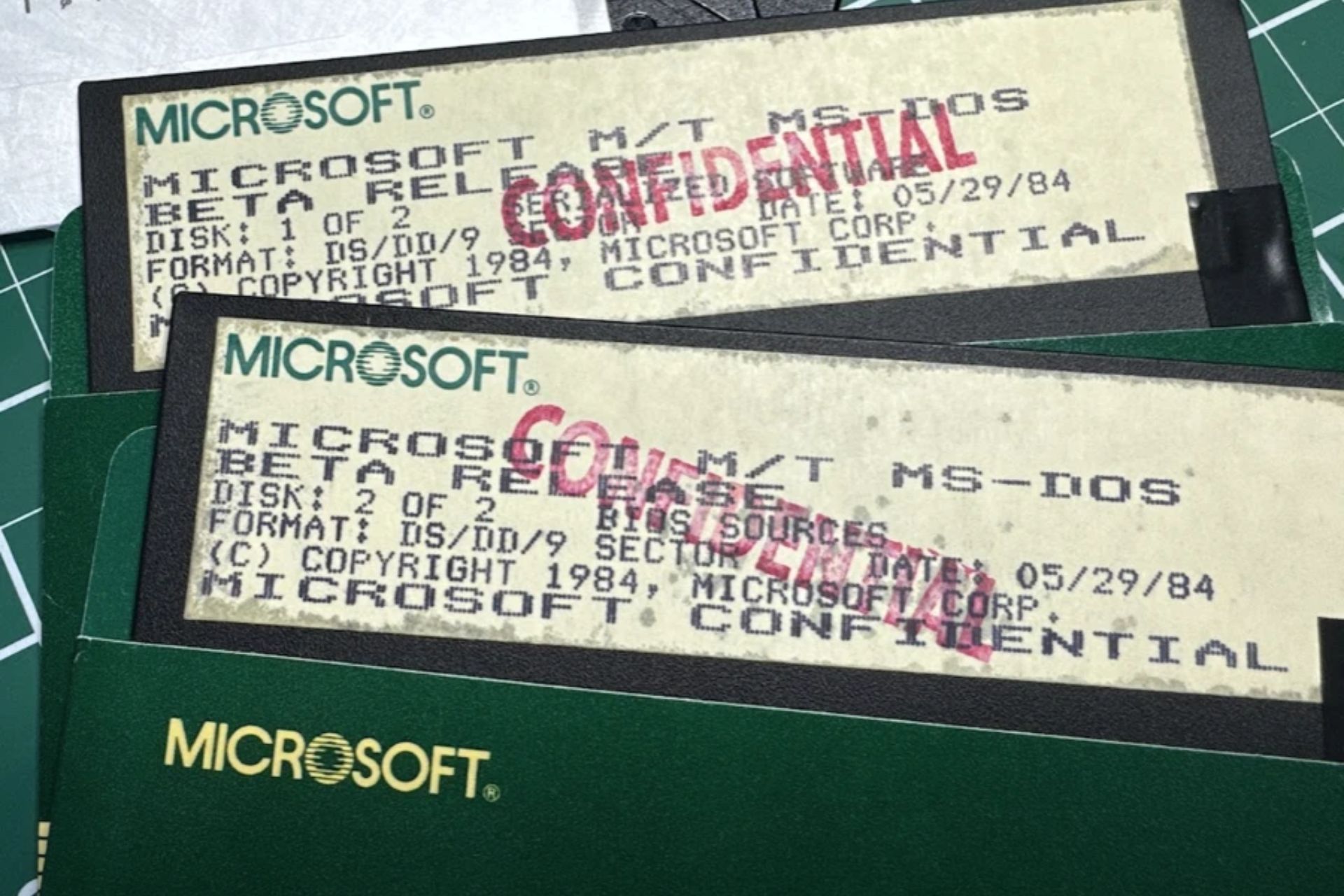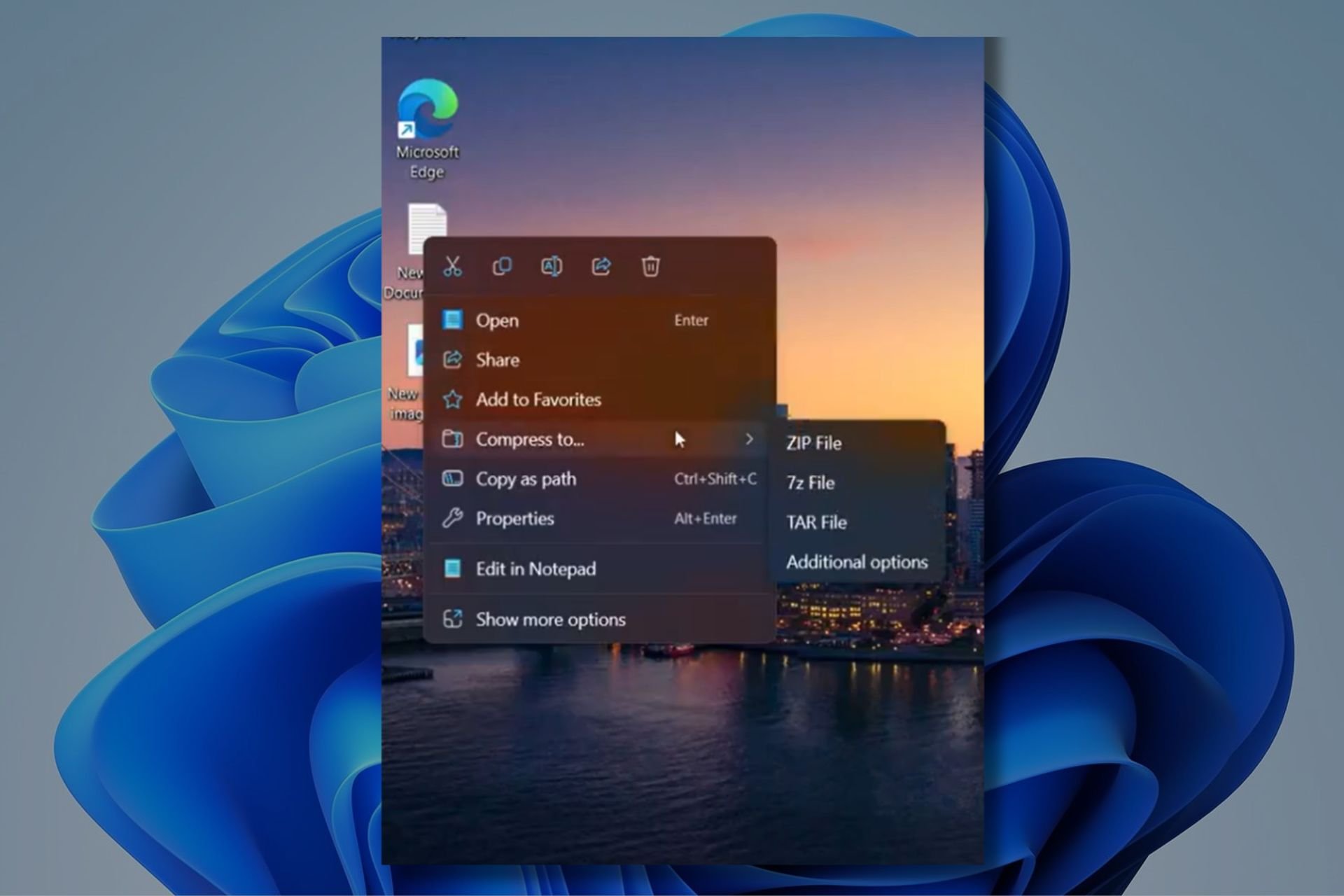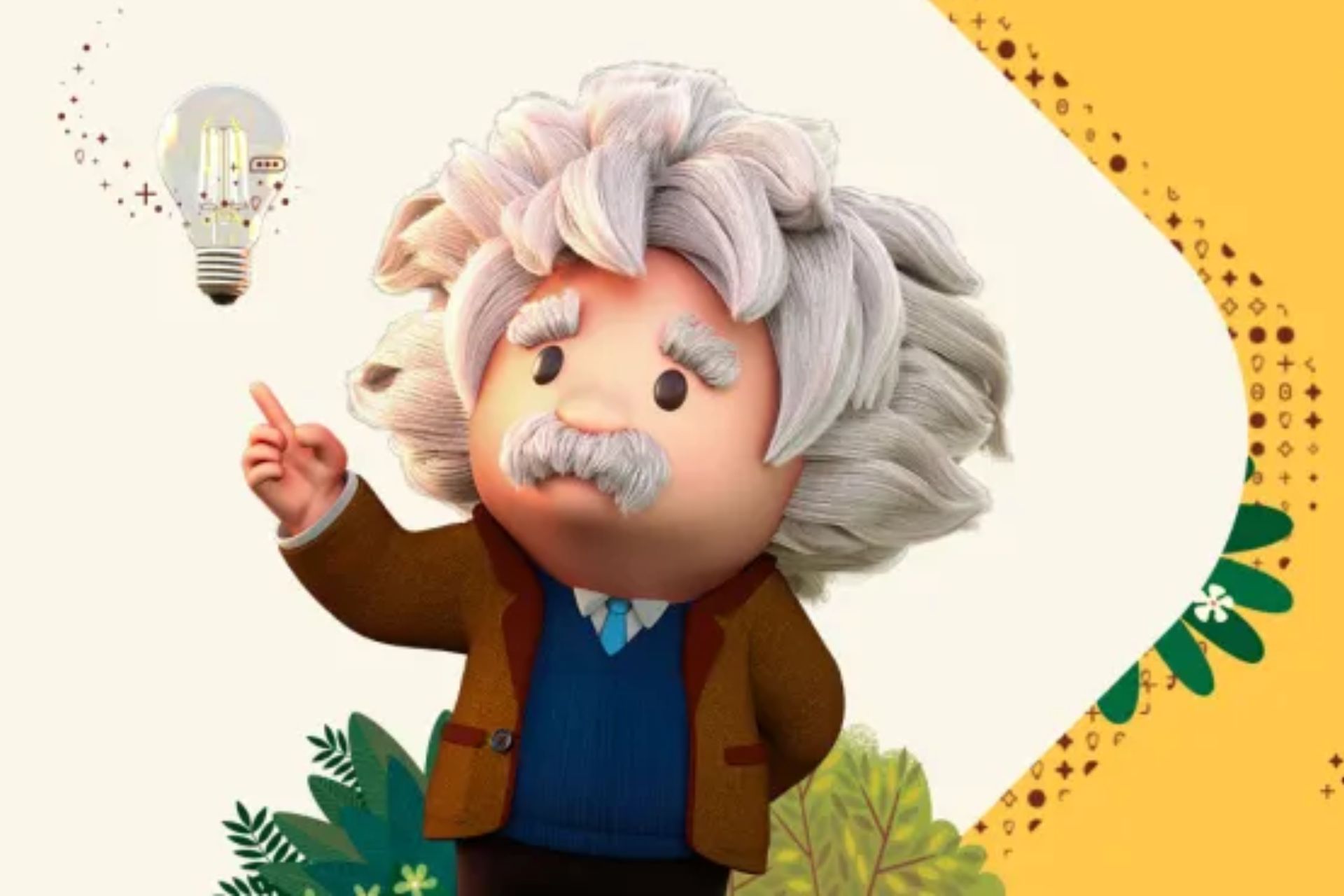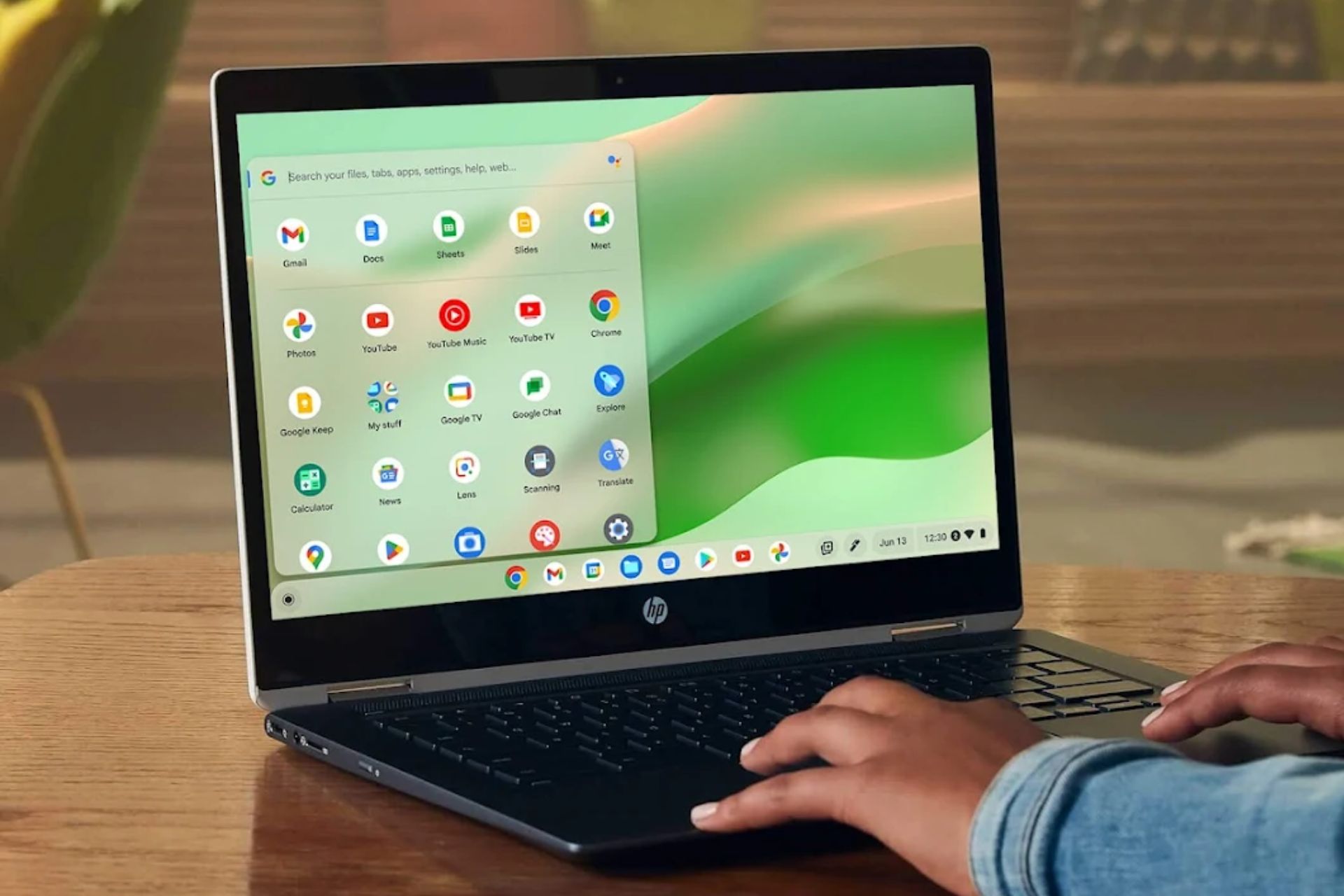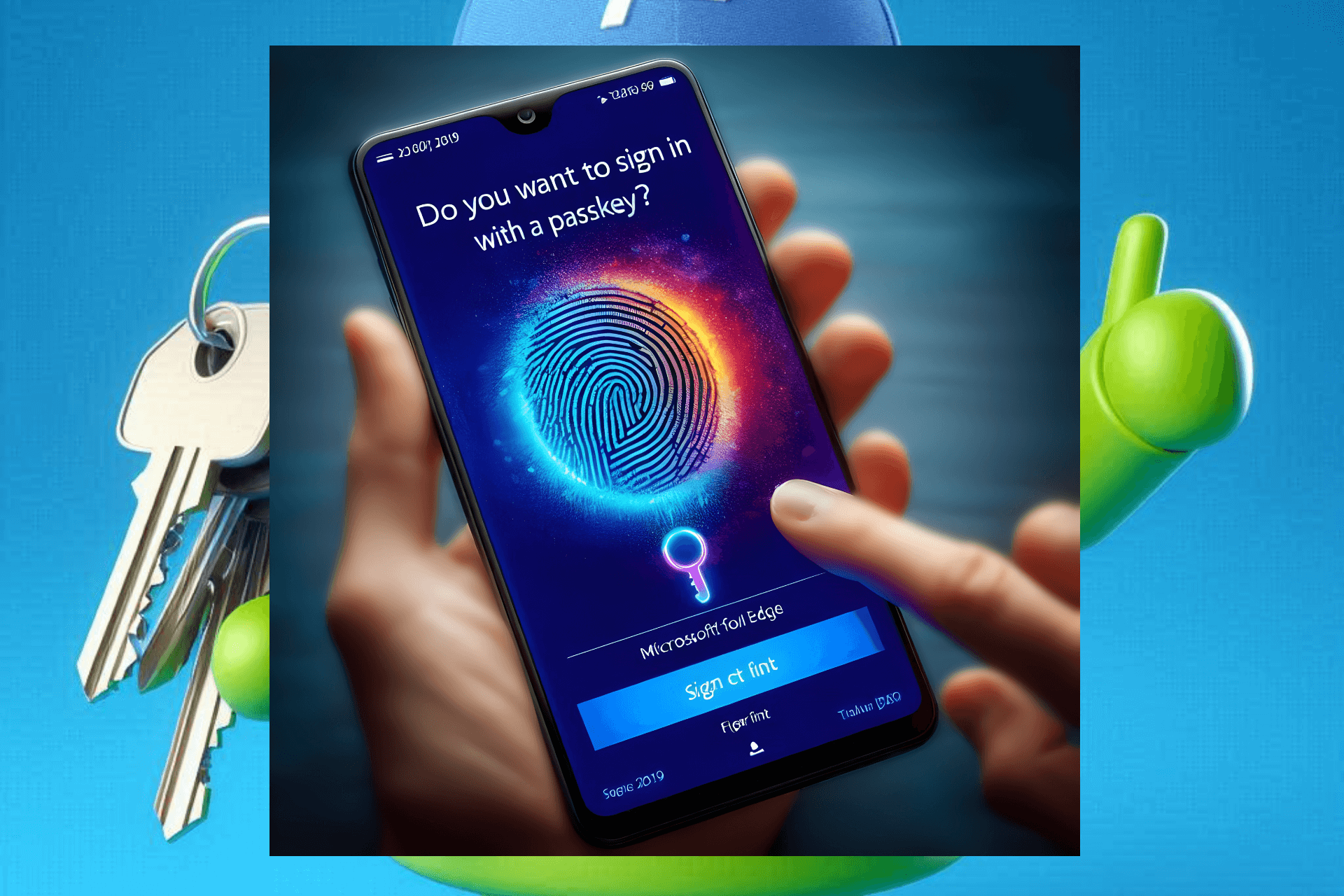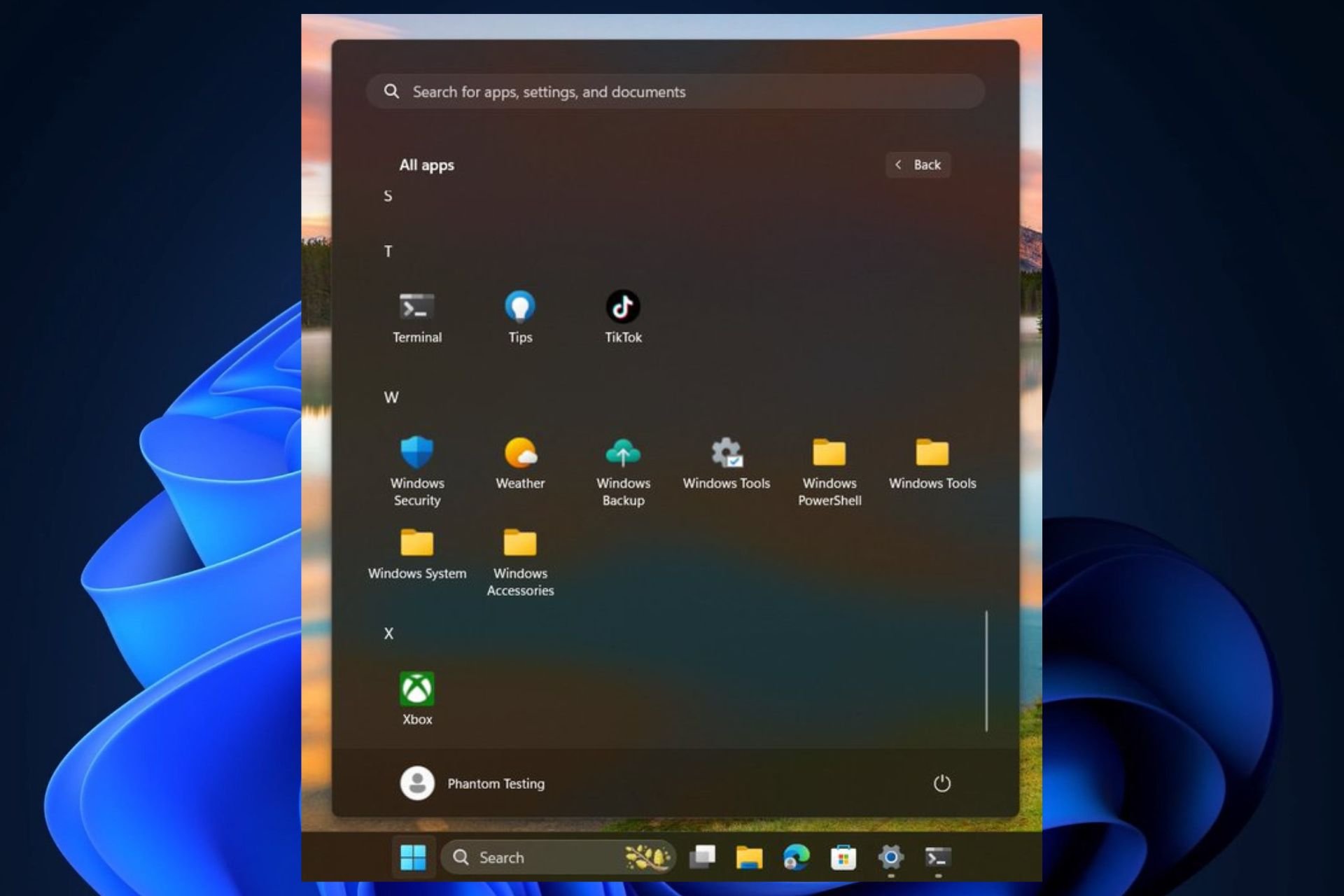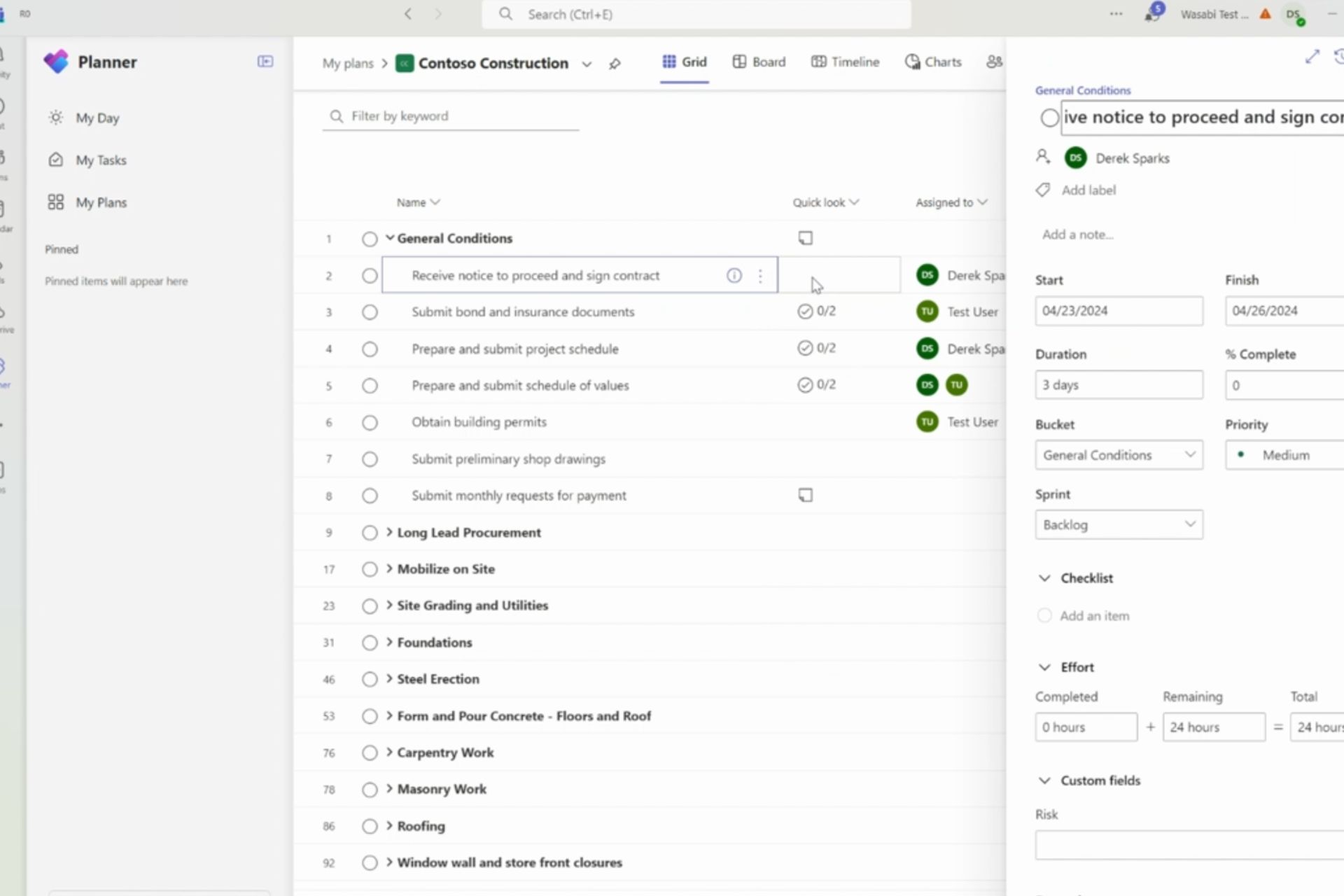Windows Store finally reaches the 200,000 app milestone, but are you impressed?
6 min. read
Published on
Read our disclosure page to find out how can you help Windows Report sustain the editorial team Read more
The Windows Store, home to apps and games for Windows RT and Windows 8, has finally reached the 200,000 app milestone. To put things in perspective, the Windows Store passed the 40,000 app milestone back in January of 2013, reached the 100,000 app milestone back in July of 2013, and finally hit the 150,000 app milestone in March of 2014.
In just one year, the Windows Store has gone from 150,000 apps to 200,000 apps, globally. “There are more than 585,000 apps in the Windows and Windows Phone Stores combined. Hundreds more are added every day,” a Microsoft spokesperson told WinBeta.
Microsoft has been working very hard over the past two years, by offering developers new app availability settings and simplified certification requirements so apps can be published faster. Sure, 200,000 is an impressive number, but in an attempt to make it easier for app developers to publish apps to the Store, Microsoft has also opened up Pandora’s box creating new issues.
Just recently, we reported about Darkest Dungeon, one of the most popular new RPG games available for Windows via Steam, appearing in the Windows Store for $3.99, illegally. How did this app make it through the certification process?
This is just one of many examples of apps that are in the Windows Store. Other paid apps were straight up misleading. These paid apps had official titles such as “Temple Run” but hidden in the app description was a secret message saying “my app will provide you the best way to finish.” In other words, consumers would purchase this app thinking it was Temple Run, but in actuality they were being mislead into wasting their money.
Microsoft: We strive to make the Windows Store a high-quality experience for customers
In August of last year, Microsoft responded to fed up users who were tired with Microsoft’s Windows Store reporting process and Microsoft’s lack of response to malicious app reports. The Redmond giant proceeded to remove more than 1500 apps from the Windows Store, deemed to be malicious or scam apps.
“We strive to make the Windows Store a high-quality experience for customers and also accessible to the broadest audience of developers. Based on customer and developer feedback, we recently took actions to help users discover the specific app titles they’re searching for and improve the overall Store experience. Those updates provide clear guidance to developers and also improve our ability to identify, audit and remove problematic apps. We recognize that there is more work to do and will continue to re-evaluate our policies to strike a balance between the opportunity for developers and the app quality that our customers expect.” — Microsoft Spokesperson, 2014.
With any store, regardless of platform, it is incumbent upon users and app developers alike to be more involved in reporting fake or scam apps. Microsoft cant be the only one, nor is the Windows Store ever going to be free of scam apps. That’s like trying to make the world crime-free. Not gonna happen. But you can help clean it up.
“Every app store finds its own balance between app quality and choice, which in turn opens the door to people trying to game the system with misleading titles or descriptions. Our approach has long been to create and enforce strong but transparent policies to govern our certification and store experience. Earlier this year we heard loud and clear that people were finding it more difficult to find the apps they were searching for; often having to sort through lists of apps with confusing or misleading titles. We took the feedback seriously and modified the Windows Store app certification requirements as a first step toward better ensuring that apps are named and described in a way that doesn’t misrepresent their purpose.” Microsoft, 2014.
However, as of March 2nd, there are 200,000 apps in the Windows Store, globally. This does not account for Windows Phone apps. It has taken one year just to add 50,000 apps and one can argue that this is such a weak number that shows developers are not that interested or it can prove that Microsoft has been actively removing malicious/scam apps, listening to consumers who are sending in reports. And let’s not get into the Quality vs Quantity debate — because we can easily go hours discussing whether or not “Cinta UGM 3” is a useful “app” or not.
With the push towards Universal Apps, this number as well as the quality of apps may significantly improve. Universal Apps provide one app code which can be used across all device types, encouraging developers to write good apps for Window because they can reach more users on more devices with the same amount of work. For example, Windows 10 provides the standard platform across IoT, phones, tablets, convertibles, laptops, desktops, all-in-ones, Xbox, large form displays, and HoloLens to run apps fast, efficient, and consistent regardless of input type or screen type. An app developer does not need to sit down, focus on an app for Windows Phone, then start all over for Windows. With Windows 10 and Universal Apps, less work is needed from app developers, making things much more appealing on the development side.
“People building universal apps today are already on track to support Windows 10”
“Our universal app and single store model will make it easier for developers to create apps that span Windows devices while also introducing more ways for people to discover and engage apps across the operating system. People building universal apps today are already on track to support Windows 10,” a Microsoft spokesperson told WinBeta.
Head over to the Windows Store and browse the catalog of apps. Are you impressed with what you see? In my opinion, I am much more impressed with the quality of apps in the Windows Phone Store, as opposed to the Windows Store.
We are seeing big name apps make their way to the Windows Phone Store in droves, even before arriving to the Windows Store. I hope the Universal Apps initiative changes things for the better. Regardless, the fact of the matter does not change — the Windows Store has reached the 200,000 app milestone. That’s a lot of ‘apps’ and something Microsoft is most likely proud of. The question is, are you impressed?


